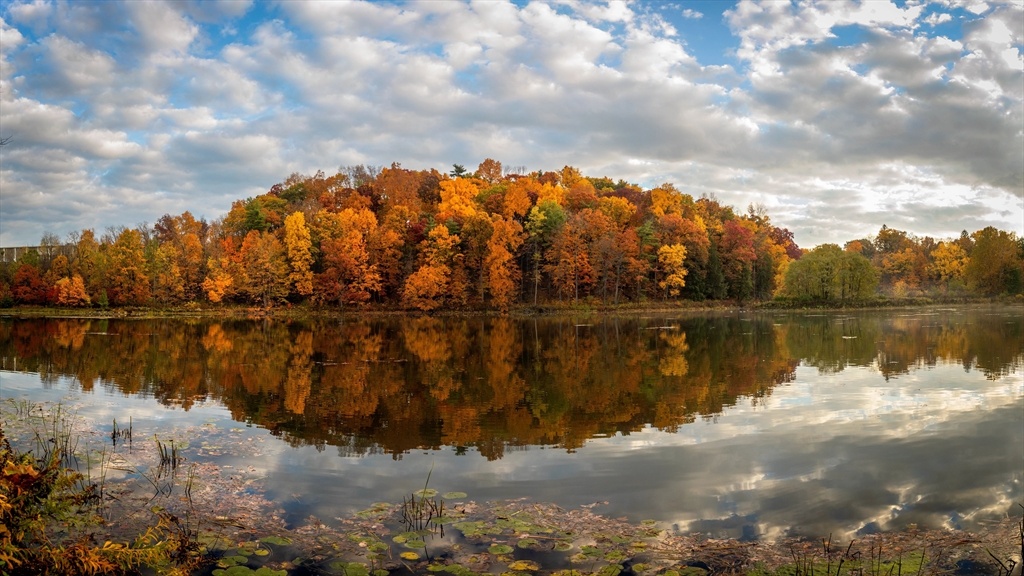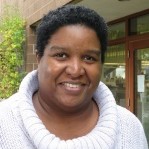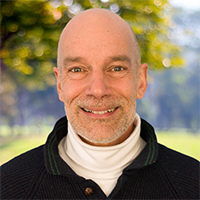Cornell’s Changing Tree Canopy
Date
November 16, 2021 @ 7:00 pm
Venue
New York City, NY

November 16, 2021 @ 7:00 pm
New York City, NY
Have special memories of Cornell’s beautiful campus, natural spaces, and views of Cornell Botanic Gardens? This living artwork is an outdoor classroom that is changing all the time and it’s up to Cornell specialists to ensure this resource is around for future students and the community. Come learn of the rich landscapes of Cornell’s campus and natural areas with Cornell horticultural and landscape professionals.
Discover how climate change, invasive species, forest pests, and campus development impact Cornell’s natural and landscaped campus. These factors make it a challenge to maintain the natural beauty and biodiversity at Cornell and left unaddressed, this could forever change the landscape on campus and in the region.
You’ll hear about sustainable solutions used at Cornell to maintain forest and landscape health and how the Cornell Botanic Gardens Future Forests Initiative plans to grow the forests of the future.
Hosted by Cornell Botanic Gardens and the Northeast Corridor Alumni Affairs and Development Office.
Event Details
Date: Tuesday, November 16, 2021
Time: 7:00-8:00 p.m. EST
Location: Online Event
About the Speakers
 Moderator, Valerie Aymer, MLA ’02
Moderator, Valerie Aymer, MLA ’02
Associate Professor of Practice, Department of Landscape Architecture, and licensed landscape architect, Cornell Botanic Gardens Faculty Fellows.
Valerie Aymer is a licensed landscape architect and a member of the American Society of Landscape Architects. She has practiced for over 18 years in Florida, New Jersey, New York, Pennsylvania, and Virginia working with the international design firms, EDAW, EDSA, and AECOM. Prior to joining Cornell, she was the AECOM Design Lead for Construction Administration on the World Trade Center projects. She joined the faculty in 2015 and teaches several technical courses including site engineering. She is the author of Landscape Grading – A Study Guide for the LARE, a part of the ASLA Diversity Summit program, and a Cornell Botanic Gardens Faculty Fellow. Valerie received a BA from Swathmore College in 1991 and an MLA from Cornell University in 2002.
, Director of Natural Areas, Cornell Botanic Gardens.
The Gardens’ Natural Areas program protects and manages a system of preserves spanning nearly 3,600 acres across 40 natural areas. These include representative examples of all the natural community types and most of the rare plant habitats in the central Finger Lakes Region and encompass one-third of Cornell’s iconic campus landscape, including two massive gorges, scenic Beebe Lake, and a renowned wildflower garden. Todd leads the protection and stewardship of these lands and the Gardens’ native biodiversity conservation efforts.
Todd directly educates students and the public on natural heritage topics and is a lecturer in the School of Plant Science where he teaches Restoration Ecology. Todd’s service to the University and the local community is extensive. He chairs the Cornell Gorge Safety Committee and is a member of the University’s Executive Committee on Student Health and Safety, Wellness Advisory Committee, Campus Planning Committee, Deer Management Committee, and is a Fellow at the Flora Rose House. He serves on the Dryden Rail Trail Taskforce and the Tompkins County Parks and Trails Network Committee, and is an advisor for the City of Ithaca’s Parks, Recreation, and Natural Resources Commission. Todd is also a conservation scientist with the Center for Plant Conservation, and in 2020 was named a “Conservation Champion†by the Center.
 David Cutter, CALS ’85 University Landscape Architect, Cornell’s Office of the University Architect
David Cutter, CALS ’85 University Landscape Architect, Cornell’s Office of the University Architect
He earned his BS in Landscape Architecture from Cornell, and a MS in Environmental Science from Drexel University, and has over 30 years’ experience in planning, design and management. Prior to joining Cornell he worked as a consulting landscape architect and an environmental scientist with the Environmental Protection Agency in Philadelphia, and as a county planner, national scenic byway landscape architect, and community planner for the Army in upstate New York.
Returning to Cornell to join the Campus Planning Office, Cutter plunged into the development of the 2008 Cornell Master Plan with a significant focus on sustainability and the public realm. While his primary duties revolve around campus design and stewardship and project management, working for a leading university has rekindled his interest in education and the nexus between academic and professional practice. He embraces the premise of the campus landscape as a living classroom and collaborates regularly with instructors and researchers to incorporate real sites, issues and questions into the student experience.